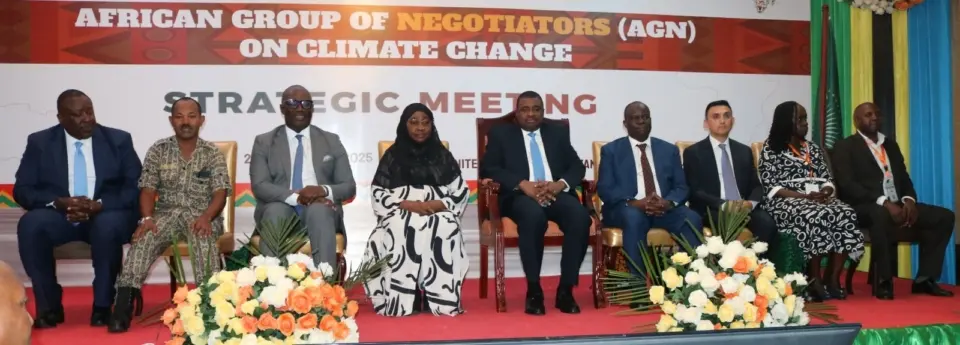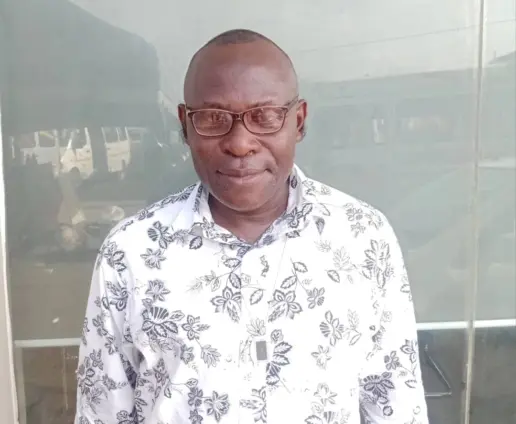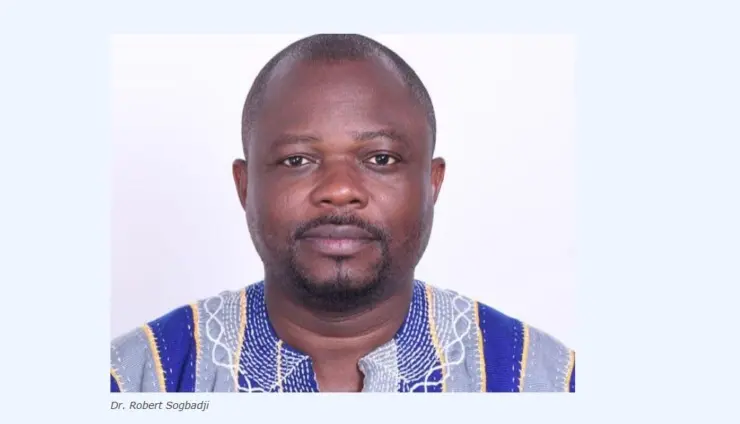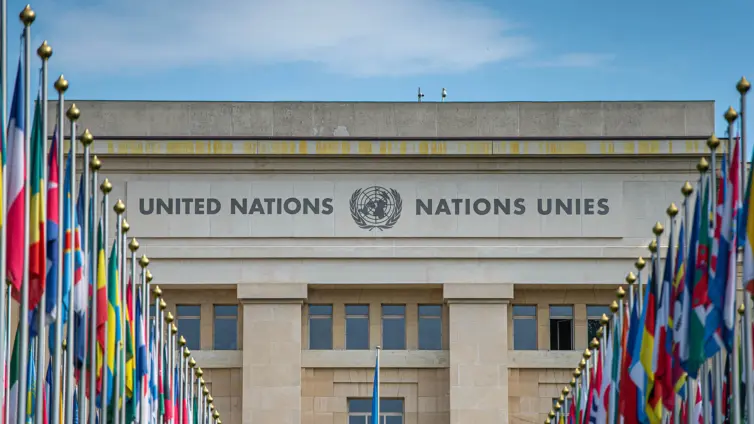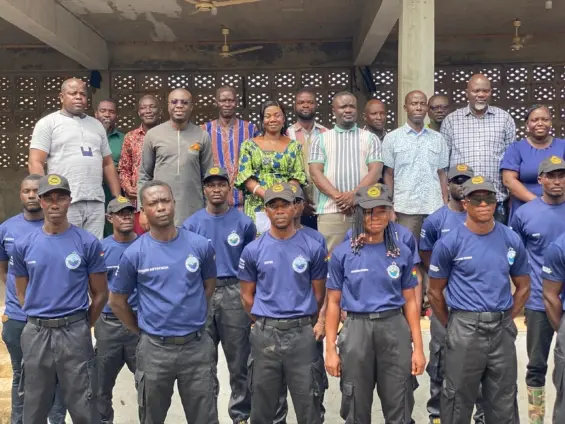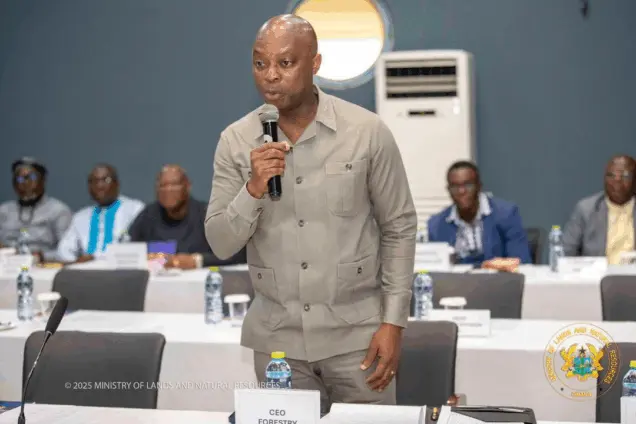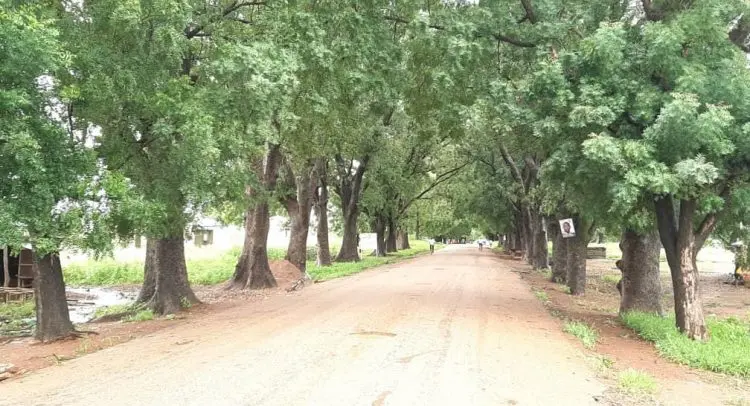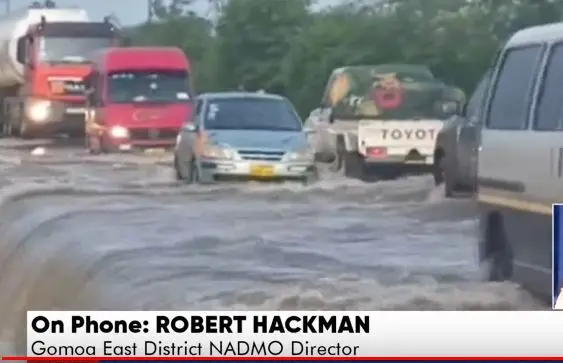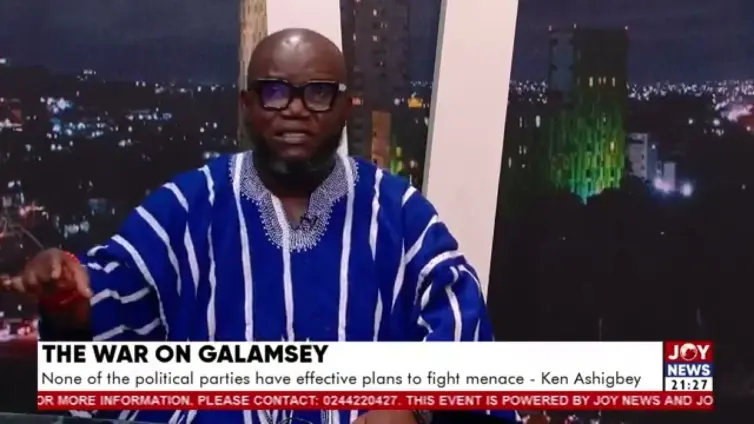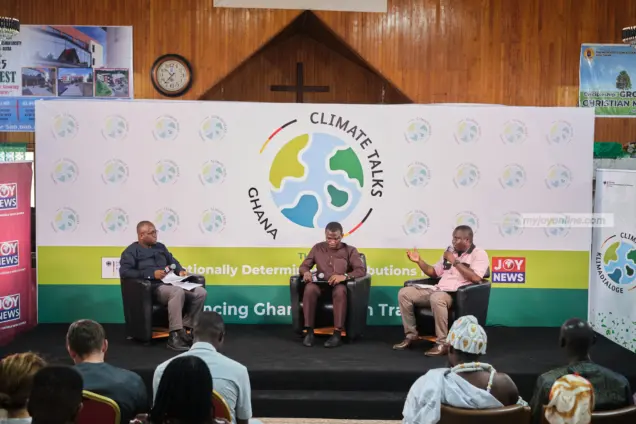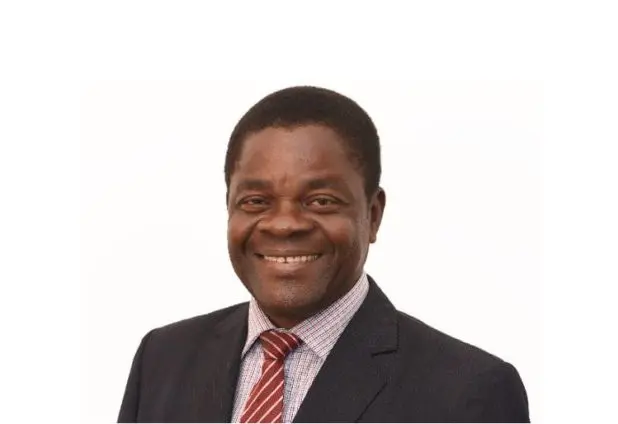Across Africa, the shadow of energy poverty looms large, affecting the daily lives of over 600 million people who lack access to reliable energy sources and leaving 900 million without clean cooking solutions. In Zanzibar recently, Dr. Richard Muyungi, Chair of the African Group of Negotiators (AGN) on Climate Change, addressed this urgent crisis, emphasizing the need for a ‘Just Transition’ that genuinely prioritizes Africa’s unique energy needs. His remarks underscored a fundamental point: discussions about transitioning to cleaner energy sources are hollow if basic energy access remains a distant dream for so many.
Dr. Muyungi’s address at the first Strategic Meeting of AGN served as a powerful call to action. The ‘Africa First’ agenda, in alignment with critical decisions from the African Union Assembly, aims to provide energy access to at least 300 million people by 2030. The challenge lies in balancing climate ambitions with the immediate needs of a continent striving for development.
For Africa, a ‘just transition’ means something profoundly different than it might in industrialized nations. It’s not merely about shifting from fossil fuels to renewables; it’s about lifting millions out of energy poverty while simultaneously addressing climate change. According to Dr. Muyungi, the conversation around a just transition is difficult to have when basic energy access is not available.
The inclusion of the Clean Cooking agenda, championed by H.E, Dr. Samia Suluhu Hassan, is a key component. The Conference of Parties to the Paris Agreement (CMA) has established a work programme on ‘Just Transition’ pathways, but these pathways must be based on nationally defined development priorities that include social protection measures.
At the AGN meeting, several key priorities emerged as crucial for Africa’s climate strategy. One of the most pressing is finalizing Africa’s approach to Nationally Determined Contributions (NDCs 3.0). These revised NDCs need to be ambitious, equitable, and, critically, supported by the means for implementation. This includes securing clarity on the New Collective Quantified Goal on climate finance, building upon decisions from the African Union (AU) and the Committee of African Heads of State and Government on Climate Change (CAHOSCC), aiming for $1.3 trillion by 2035, as outlined in the Baku to Belém Roadmap. Progress on adaptation, with robust indicators and National Adaptation Plans, is equally vital.
Defending Africa’s equity in global climate governance is also paramount, particularly in areas such as loss and damage, technology transfer, and transparency frameworks. Recognizing the vital roles of youth and women as agents of change is essential for an equitable and sustainable climate future. Moreover, Africa must strategically utilize its abundant natural resources, including solar, wind, and hydropower, for both climate mitigation and economic growth. Notably, Africa holds 60% of the world’s highest-quality solar potential, an asset that must be harnessed effectively.
The AGN plays a pivotal role in shaping Africa’s unified approach to climate negotiations, technically advising key African Union institutions to articulate the continent’s priorities within the UNFCCC process. As Dr. Muyungi stated, “Our Group remains the only technical backbone that sustains Africa’s political decisions on climate change.” The AGN is addressing decisions from the February 2025 CAHOSCC meeting in Addis Ababa to guide the continent towards COP30.
Africa’s commitment is to a unified, science-driven, and justice-centred approach, with a strong emphasis on adaptation, finance, clean energy, and institutional strengthening. Given Africa’s vulnerability, adaptation and resilience-building are of paramount importance.
Despite contributing the least to the climate crisis, Africa stands on the frontlines of its impacts. The upcoming COP in Belém must deliver stronger commitments to protect vulnerable communities, their livelihoods, and ecosystems. Adaptation finance must flow, be accessible, predictable, adequate, and scaled up dramatically. Africa must lead the call for an ambitious finance goal based on real needs.
Dr. Mithika Mwenda, Executive Director of the Pan-African Climate Justice Alliance (PACJA), emphasizes that Africa’s adaptation and resilience building must remain central in climate conversations. The continent’s ability to withstand and recover from climate shocks is inextricably linked to its overall development and well-being.
Ultimately, addressing Africa’s energy poverty through a just climate transition demands a multi-faceted strategy that acknowledges and prioritizes the continent’s unique circumstances and vast resources. The AGN’s urgent call highlights the critical importance of clean cooking solutions, accessible adaptation finance, and a strong, unified African voice in global climate negotiations. By harnessing its natural wealth and focusing on the needs of its most vulnerable populations, Africa can pave the way toward a future that is both sustainable and equitable. Continued research and increased support for initiatives that promote clean energy access and bolster climate resilience are essential to realizing these ambitious yet achievable goals.
Image Source: MYJOYONLINE

